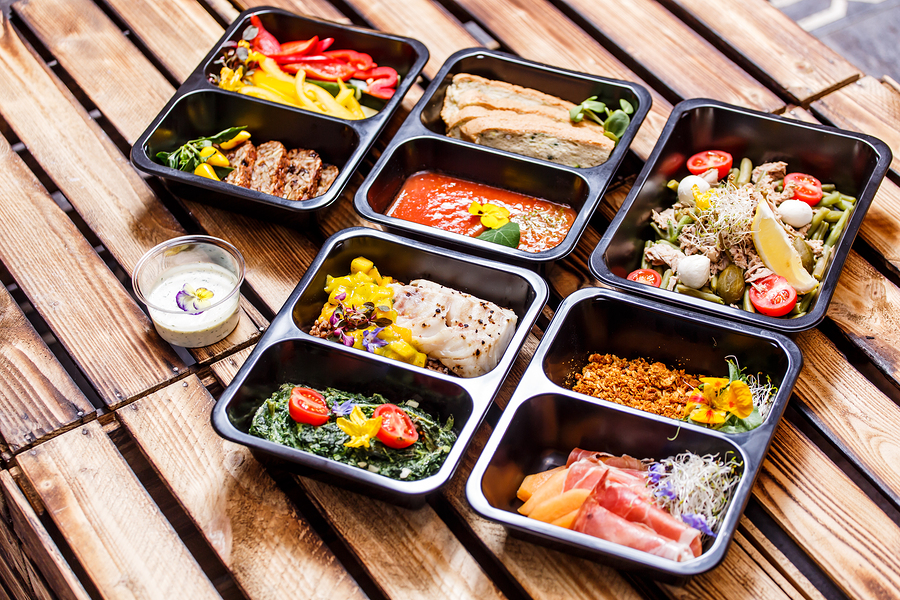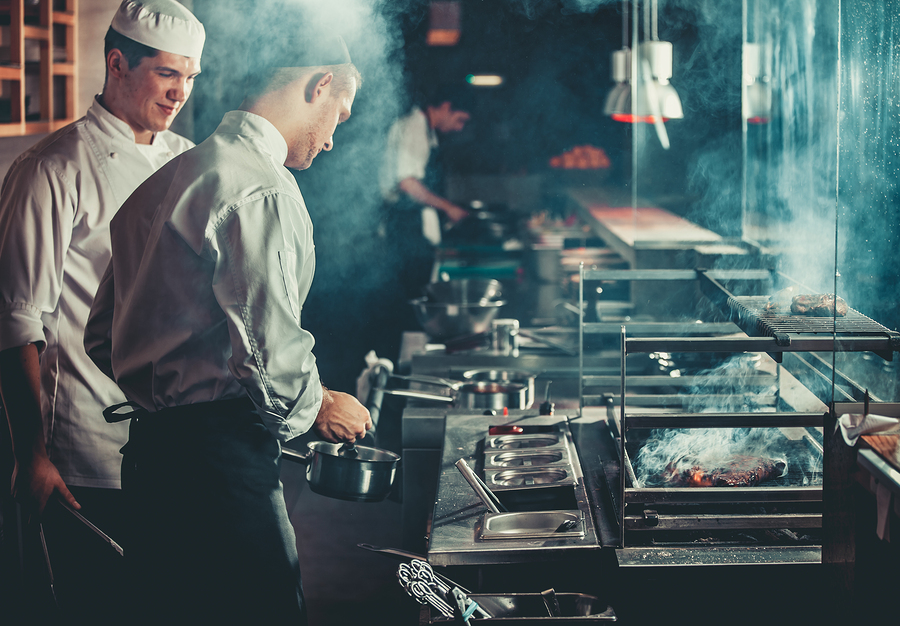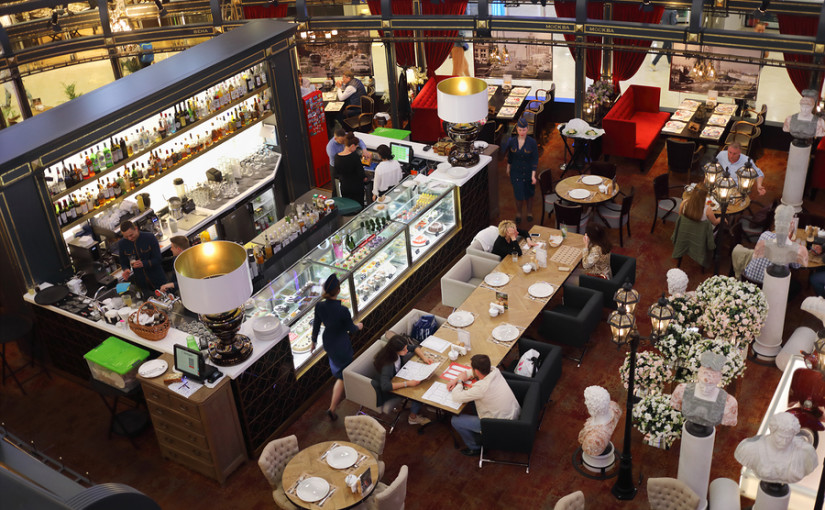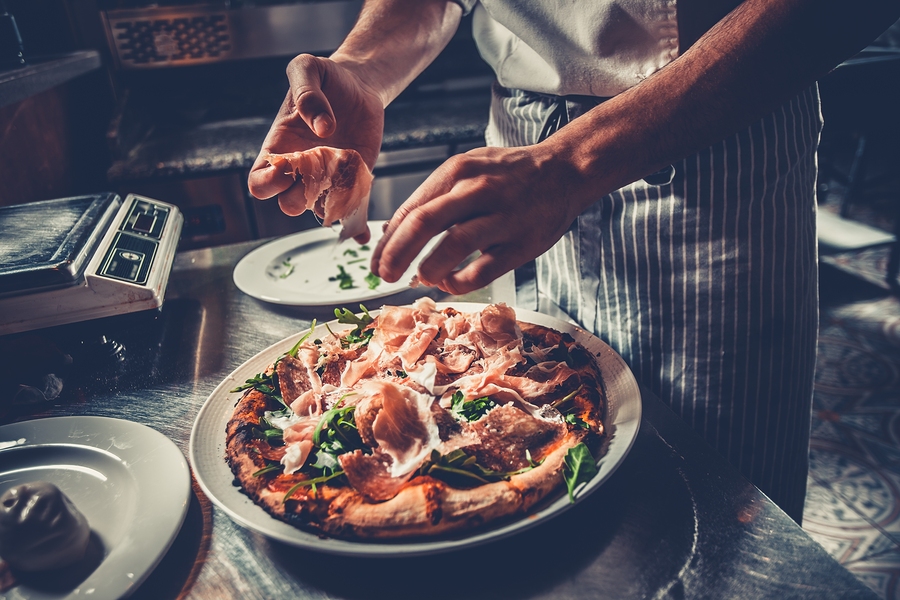Restaurant food recycling helps businesses in the foodservice industry to manage their waste more carefully – and crucially means that organic waste that could still be used does not get sent to rot in a landfill site.
A general restaurant food recycling scheme might mean small food caddies around the kitchen for vegetable peelings and so on, a large bin lined with a biodegradable bag to empty them into, another one for leftovers from the dining room, and a hygienic lidded skip outside for the full bags to go into for collection.
But as well as the environmental benefits of recycling restaurant food, there are potential economic advantages too, especially when you recycle restaurant leftovers as part of a joined-up approach to minimising your food waste.
Here are some of the ways to tackle your restaurant food waste, reducing, reusing and recycling for the best overall benefits.
1. Assess your waste
Food recycling isn’t just an issue in restaurants – different businesses have different amounts of food waste, from hotels and bars, to any business premises with an on-site cafeteria or staff kitchen.
Assessing your waste is the first step towards making sure that you have the right number, size and type of recycling bins, and this helps to cut costs by ensuring your bins are full, but not overflowing, when collection day comes.
Some recycling companies charge by the weight of waste removed, so if your bins are less than full, you won’t pay the full amount – so make sure you’re not paying them to collect nothing.
2. Don’t forget the packaging

Restaurants may use more fresh ingredients than packaged food, but there’s bound to be some waste from plastic containers, metal food cans and so on.
Factor these into your calculations as, although it is not directly organic food waste, recycling more of your packaging can help support any savings you make by recycling leftovers from your kitchen and restaurant.
3. Reuse where possible
Most restaurants no doubt do this already, but by reusing spare ingredients – offering daily specials to use up food that is near its use-by date, for instance – you directly reduce the amount you throw away.
It’s worth taking a moment to appreciate the multiple economic benefits to this. Less ingredients are wasted, you have more opportunity to make a profitable sale AND you pay less for food waste collection. It’s a win-win.
4. Reduce over-production
If you often find you have prepped too much veg or have entire main menu meals leftover, try to manage your production more carefully.
Again this is just good business sense, and again you can get around it by having popular main items you know you will sell, while less reliable options are listed as chef’s specials so it’s not a disaster if you sell out of what you have prepped.
5. Hidden benefits
There are numerous other benefits to recycling restaurant food waste. It can encourage kitchen staff and serving staff to work more tidily, as they have more awareness of the need to separate food waste out.
It reduces the risk of food waste contaminating other types of recyclable waste, so your recycling company shouldn’t have any reason to refuse collections, and by keeping organic matter separate, it means your general waste should be more hygienic between collection dates too.


